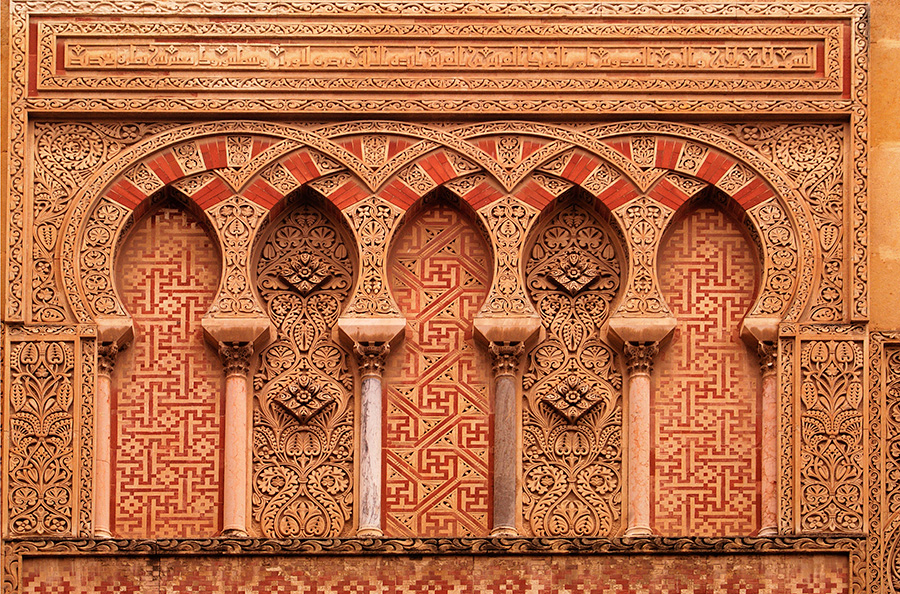The rise of Islam in the Iberian Peninsula was a defining moment in the history of the region. Spanning from the 8th to the 15th centuries, it was a period of growth, prosperity, and cultural exchange that had a lasting impact on the Iberian Peninsula and its people.
The origins of Islam in the Iberian Peninsula can be traced back to the 8th century, when Muslim armies led by the general Tariq ibn Ziyad invaded the Visigothic Kingdom of Hispania. The Visigothic Kingdom was weakened by internal conflicts and was unable to resist the Muslim invaders. By the end of the 8th century, much of the Iberian Peninsula had been conquered by the Muslims and became part of the Umayyad Caliphate, ruled by the governor Musa ibn Nusayr.
Under Muslim rule, the Iberian Peninsula experienced a period of growth and prosperity. The Muslims brought with them a rich cultural tradition and a sophisticated system of governance, which greatly influenced the local population. They also established trade links with other parts of the Islamic world and facilitated the spread of knowledge and ideas.
One of the most significant contributions of the Muslims to the Iberian Peninsula was their innovative approach to agriculture. They introduced new crops, such as citrus fruits and sugar cane, and developed sophisticated irrigation systems. These innovations transformed the agricultural landscape of the Iberian Peninsula and contributed to its economic prosperity. The increased agricultural output also helped to support the growth of other industries, such as textiles and ceramics.
The Muslim presence in the Iberian Peninsula also had a profound impact on the local culture. The region was exposed to a rich and diverse cultural heritage, which greatly influenced the local population. For example, the Muslims introduced Arabic as a written language, which greatly expanded the region’s linguistic repertoire. They also brought with them a rich tradition of poetry, literature, and art, which greatly influenced the local culture.
However, the Muslim rule in the Iberian Peninsula was not without challenges. The region was constantly plagued by political and religious conflicts, and the Muslim rulers faced opposition from both the local population and the neighboring Christian kingdoms. Nevertheless, the Muslims were able to establish a stable and prosperous society in the Iberian Peninsula that lasted for several centuries.
In the 11th century, the Christian kingdoms of the north, such as Castile and León, began to launch a series of reconquest campaigns against the Muslim territories. These campaigns were motivated by a combination of religious fervor and political ambition. By the 15th century, the Christians had succeeded in recapturing most of the Iberian Peninsula, and the Muslim presence in the region was largely eradicated.
Despite the eventual loss of their territories, the legacy of the Muslims in the Iberian Peninsula lives on to this day. The cultural exchange and innovation that took place during this period had a lasting impact on the region, and continues to influence its identity and heritage. For example, the Arabic language and the traditions of poetry, literature, and art that were introduced by the Muslims still have a significant presence in the Iberian Peninsula.
In conclusion, the rise of Islam in the Iberian Peninsula was a time of growth, prosperity, and cultural exchange that had a profound impact on the region. The region’s heritage was enriched by the Muslim presence, and their legacy continues to be felt to this day.


